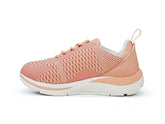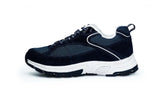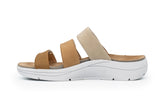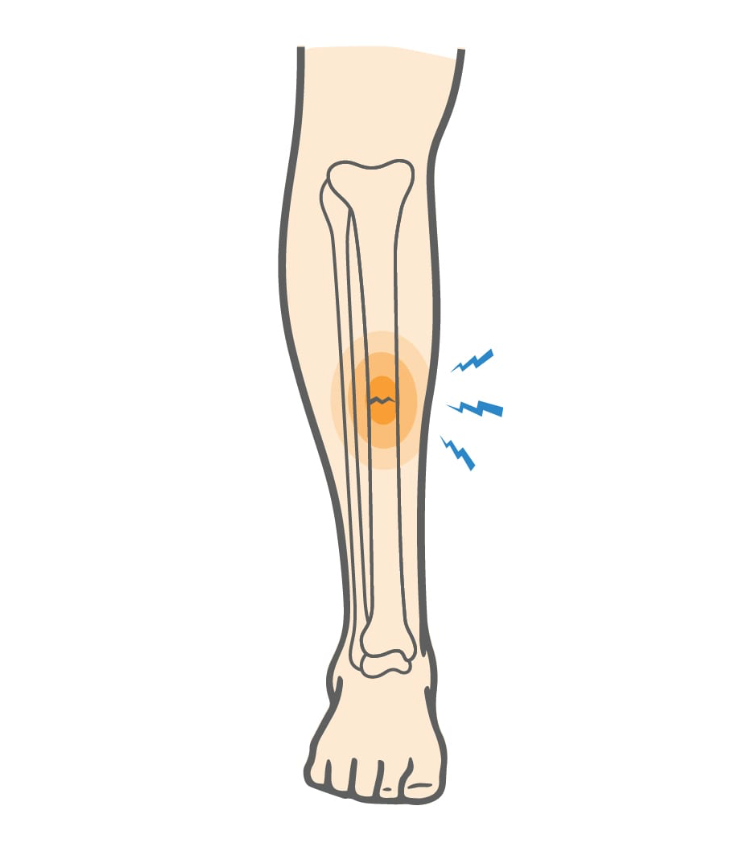Navigating Stress Fractures in Sports: Risks, Prevention, and Recovery
Participating in sports offers numerous health benefits, but it's essential to be aware of potential risks, including stress fractures. These small cracks in the bones often result from overuse and repetitive stress, leading to pain and swelling. While stress fractures can occur in various sports, certain activities pose a higher risk.
High-Risk Sports for Stress Fractures:
- Basketball: Jumping and rapid movements can stress the bones.
- Track and Field: Repetitive impact from running and jumping events.
- Gymnastics: High-impact landings and weight-bearing movements.
- Dance: Frequent jumping and landing on hard surfaces.
- Volleyball: Jumping and sudden directional changes.
- Tennis: Quick lateral movements and the impact of running.
Contributing Factors to Stress Fractures:
- Incorrect Technique: Practicing sports with improper form.
- Rapid Training Programs: Insufficient rest between activities.
- Sudden Activity Changes: Rapidly increasing intensity or duration.
- Surface Changes: Transitioning to a hard or sloped surface.
- Poor Equipment: Inadequate footwear and sports gear.
- Diet and Vitamin D Levels: Inadequate nutrition and vitamin D deficiency.
- Weight Issues: Being underweight or overweight.
- Foot Anomalies: Anatomical abnormalities affecting foot structure.
- Age: Both younger and older athletes may be at an increased risk.
Treatment Approaches for Stress Fractures:
- Rest and Recovery: Adequate time off to allow for healing.
- Custom Orthotics: Supportive insoles to improve foot mechanics.
- Bracing or Taping: Stabilizing the affected area.
- Physical Therapy: Targeted exercises for rehabilitation.
- Strength and Stretching: Enhancing overall bone health.
Preventing Stress Fractures:
- Footwear: Invest in supportive and comfortable sports shoes.
- Diversify Training: Cross-train to reduce repetitive stress on specific areas.
- Proper Technique: Ensure correct form and movement patterns.
- Periodic Rest: Avoid continuous high-impact activities; incorporate rest days.
- Nutrition: Maintain a balanced diet with sufficient nutrients.
- Regular Check-ups: Monitor bone health and address concerns promptly.
Check out our extensive collection of shoes for arthritis to find the best shoes for your feet.
Look through our most-sought-after styles to get the right pair for you today with DiabeticShoe.in.








